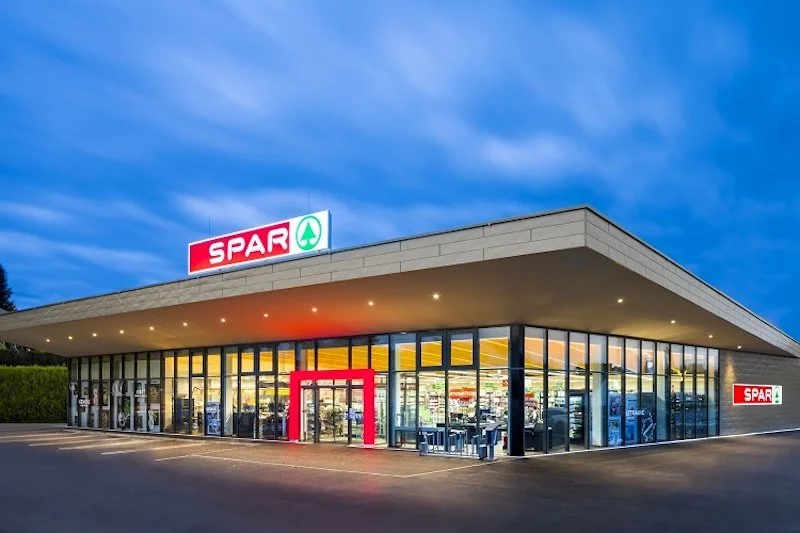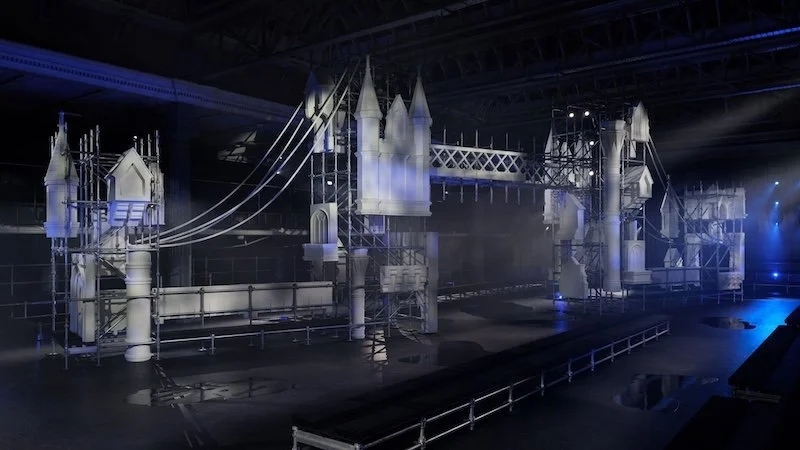10 ways technology can improve your retail business
Without leveraging the right technologies, conventional retail businesses may run into deep crises going forward.
Today, many retailers are already shutting their doors, and experts in the industry are declaring it as the lowest point for businesses. In 2017, nearly 7,000 retail stores, which were all bricks and mortar businesses, closed their doors.
As a business owner, you should do your best to keep your franchise running. If you are looking to improve your retail company’s performance and surviving for the long term, this article is for you.
Why bricks and mortar retail stores are going out of business
2018 saw top retail companies like Best Buy and Abercrombie & Fitch announce major shutdowns. But what is the main secret behind the gradual extinction of traditional retailers? Well, many economists think that several factors account for the significant closures of bricks and mortar businesses.
A lot of store managers also point to one threat, Amazon. Jeff Bezos' online giant is a massive success in one sense; however, it indirectly blocks the shine of traditional retail companies by outcompeting them with advanced technologies.
In the digital revolution, consumer preferences have changed significantly. In the long run, companies that cannot respond to the transformational shift for convenient services end up shooting themselves in the foot.
For companies that are making giant strides in the e-commerce race, such as AliExpress, their owners fully understand the need to face the bull by the horns. Simply put, digital transformation is the order of the day; you either move with it, or it leaves you behind.
Digital transformation is moving at breakneck speeds, and the IDC estimates that retail investment in digital transformation grows at a rate of 20.2% per annum. To retailers, that phenomenal growth rate means that they need to adopt cutting-edge technologies to transform their business operations and improve their loyal customers’ shopping experience.
The following are 10 ways that new technologies can reshape your retail company:
1. Enhancing production facilities
For sure, everyone likes affordable products, and that’s the appeal of AliExpress promo codes. Price is always a key factor that determines when and how many items customers can order. With that said, quality is as important as quantity. Consumers of today want value for money, so, you have to pay attention to the efficiency of your manufacturing centres.
This means that when you invest in technologies that improve manufacturing outlets’ working conditions, you can improve your labour standards and meet customers’ demands.
2. Social media marketing
Over the past few years, social media has evolved into a must-have marketing tool for many businesses, including retail companies. When you craft high-quality social media content and share them, you can attract an avalanche of consumers to your stores.
This can potentially set your business apart from its competitors. Some retail companies use social media platforms like Facebook and Instagram to share promotional codes, showcase new products, and inform customers about what is in the pipeline.
3. Paperless transition
Environmental protection agencies are working hard to protect the future of the planet. So, if you are a serious retail business owner who wants to impact your customers’ lives positively, first show some love to the environment by going paperless.
As climate change and global warming issues keep trending, companies embracing eco-friendly business cultures are making themselves more popular and attractive to customers. You can go paperless by issuing digital receipts and employing digital marketing strategies.
4. Energy efficient retail stores
McKinsey & Company reported that utility bills account for 10% of the operational costs of retail stores. That means if you can cut down your energy expenses, you can save some money and increase your profits. But what is the way forward for you to optimise your utilities?
You need to install modern energy-saving lamps, thermostats, and basically some smart sensors. These investments can allow you to cut down your energy expenses and save hundreds of dollars every month.
5. Coupons for shopping
Loyal customers form the backbone of successful retail businesses, but it may be unfair to keep your customers in the dark when you are offering some promos. Since many customers will want to find the best deals in town, taking your coupon codes closer to their doorsteps is one effective way to serve them better.
One way to do that is with coupon apps, which inform your customers of special offers when they become available. You can also use something as simple as your website to display any promotions that may be available.
For example, www.eyeglasses.com has an impressive display of all their eyewear brands in stock, as well as promotions they are currently running.
6. Smart mirrors
For retailers who are into selling clothes, smart mirrors can be a game-changer in your retail business. In 2016, a Body Labs survey discovered that about 46% of shoppers dislike trying clothes in fitting rooms.
However, statistics also show that shoppers who try clothes in retail stores before buying them are seven times more likely to pay for them than customers who only glance through items on the sales floor.
Smart mirrors are actually video cameras that can capture 360° views of clothes and show you how good the outfits look on you. Digital technologies of this kind can help you improve your sales.
7. Chatbots and robots
Online retailers should not ignore the power of chatbots.
In the hospitality and catering industry, these are assisting customers with recipe advice. Your ability to provide intelligent automatic responses to customers does not only save you time; it also brands you as a unique retailer.
A retail giant such as Amazon currently employs over 45,000 robots in its fulfilment centres. Walmart also adopted self-scanning robots to expedite inventory processes in its 50 stores across the States.
8. Drone delivery services
Amazon promised to revolutionise the e-commerce industry with drone delivery services. The company did follow up on its big dreams by moving ahead with its drone delivery trial programmes. But how dangerous is that to aviation?
The FAA continues to express safety concerns about drone delivery flights. However, it has been proven that this technology can transform retail businesses. Unmanned aerial vehicles will improve fast-delivery services and also enhance marketing.
9. Voice searches for shopping
Google Home technology is poised to reshape the world of shopping. When customers ask for new items such as jackets, Google Home can suggest a list of local retailers offering such products. Siri from Apple can also call up retailers through apps when consumers ask to buy stuff.
Recent surveys show that 43% of Millennials made purchases using voice-based searches the previous year. Voice-based searches are making their way to the retail industry, and if you take good advantage of them as a retailer, the results will be rewarding.
10. Forecasting possibilities
Retailers often have to get better at predicting trends. For example, if you could figure out what your customers want right now and their future needs, then you can effectively plan your supply chain.
Big Data analytics tools make it easier for companies to read between the lines and insights from their vast collection of data. Data drives successful companies of today, so instead of relying on your own instincts to make big decisions, use advanced forecasting tools to come to well-informed conclusions.
To summarise, it is crucial for retailers to stay in touch with modern technology if they want to improve their businesses. Introducing innovation to enhance how you offer your products can influence your ability to attract customers, and customer satisfaction is something that you may not want to compromise.
Thankfully, with the technologies mentioned above, you can reshape your retail business positively.










Continue reading…